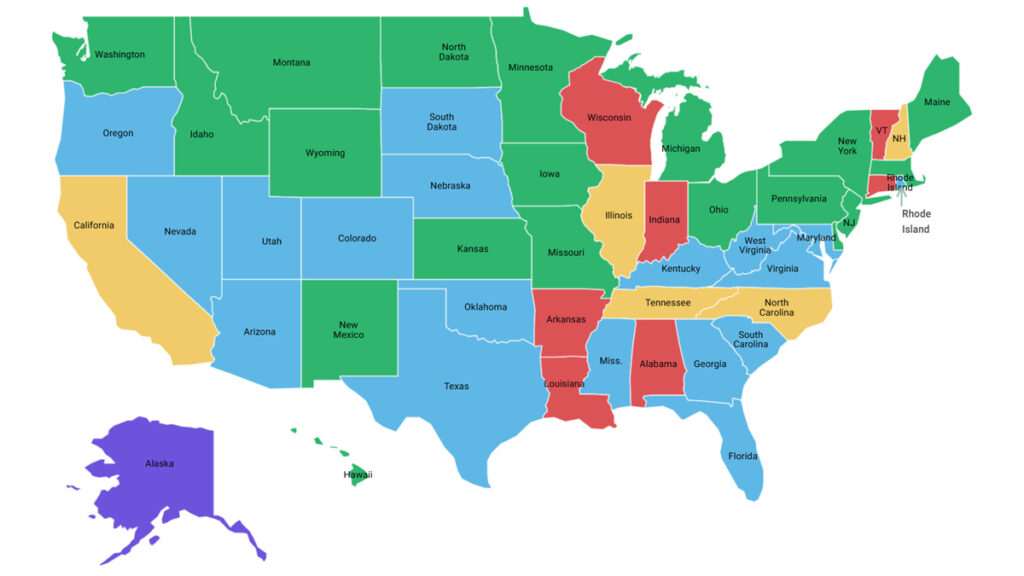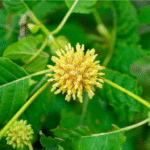Kratom (Mitragyna speciosa) has sparked legal debates worldwide. Some countries permit it for traditional or therapeutic use, while others ban it due to health and abuse concerns. Below is a breakdown of kratom legality by region, including specific state-level laws in the United States.
🌏 Southeast Asia
- Thailand: Legalized in 2021 for medicinal and research purposes under the Narcotic Act B.E. 2564 amendment.
- Indonesia: Currently legal, but the National Narcotics Agency (BNN) plans to ban it by 2024 under Law No. 35/2009 unless reclassified as traditional medicine.
- Malaysia: Illegal under the Poisons Act 1952. Possession or sale can lead to fines and imprisonment.
- Myanmar, Laos: Generally restricted, limited data.
🇺🇸 United States
Kratom is federally legal in the United States, but regulated at the state and local levels. The FDA has not approved it as a supplement or medicine. Some states have banned it, while others protect it through legislation like the Kratom Consumer Protection Act (KCPA).
🔴 States Where Kratom is Banned:
- Alabama – Schedule I controlled substance (since 2016)
- Arkansas – Banned by Board of Health ruling (2016)
- Indiana – Banned as synthetic drug (IC 35-31.5-2-321)
- Rhode Island – Prohibited; legislative review ongoing
- Vermont – Mitragynine listed as regulated drug
- Wisconsin – Classified as Schedule I (2014)
🟢 States Where Kratom is Protected by Law (KCPA):
- Arizona
- Utah
- Georgia
- Nevada
- Oklahoma
- Colorado (limited to non-Denver areas)
🟡 Cities or Counties with Local Bans:
- San Diego, CA
- Sarasota County, FL
- Union County, MS
🇪🇺 Europe
- United Kingdom: Banned under the Psychoactive Substances Act 2016.
- Germany: Legal for personal use, but not approved as a food or supplement.
- France: Banned since 2020 by the French Ministry of Health.
- Italy: Banned since 2016 under controlled substance list.
- Sweden: Illegal since 2017 due to public health risk.
- Netherlands: Semi-legal; not scheduled, but sale discouraged.
🌎 Other Regions
- Australia: Schedule 9 controlled substance – possession and import prohibited.
- New Zealand: Classified as prescription-only (Medicines Act 1981).
- Canada: Legal to possess, but sale as consumable product is prohibited under Food and Drugs Act.
- South Africa: Currently legal; not yet scheduled.
- Brazil: No national ban, but kratom is under review by ANVISA (health authority).
📌 Conclusion
Kratom’s legal status is dynamic and varies by country and region. Some governments see potential in its medicinal value, while others fear public health risks. Always check local laws and regulations before possessing, selling, or importing kratom.
📚 References
- U.S. FDA on Kratom
- American Kratom Association (AKA)
- NIDA – Kratom DrugFacts
- Thai Narcotics Act B.E. 2564
- Indonesian Law No. 35/2009 on Narcotics
Disclaimer: This article is for educational purposes only. Legal statuses are subject to change. Always verify current regulations with local authorities.




